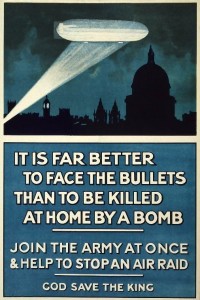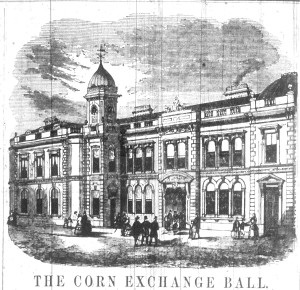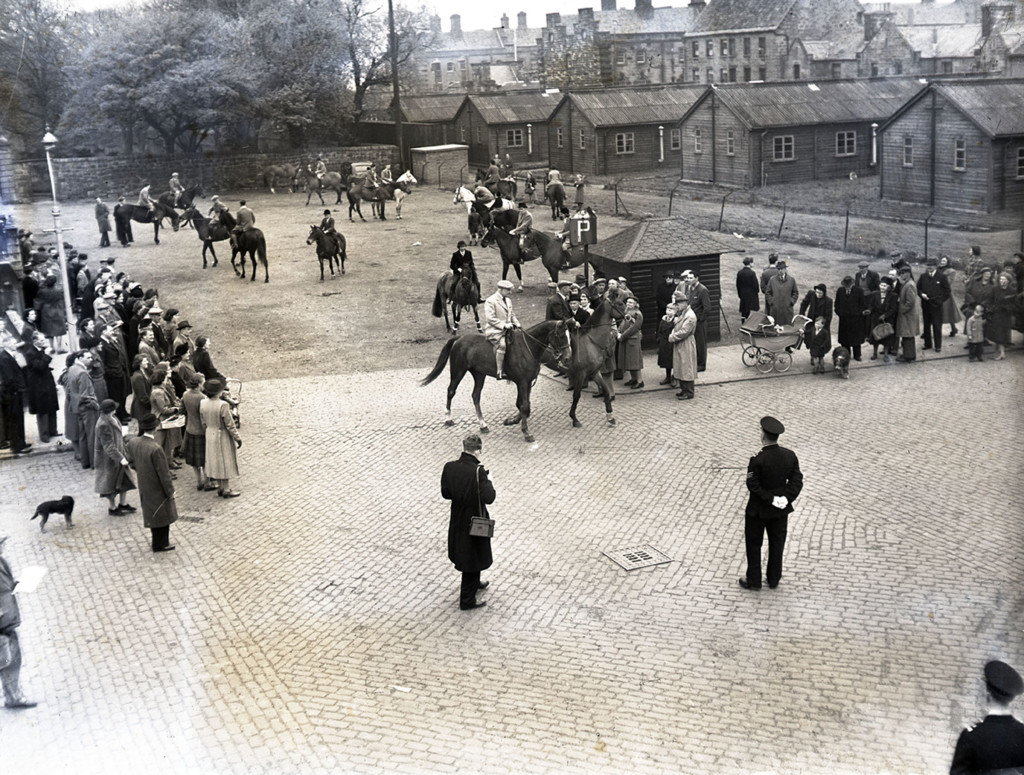
BERWICK SCHOOLS OPEN AGAIN
Everyone will be glad to know that the schoolchildren are back again to their work. A few weeks ago we drew attention to the educational loss which the town was suffering through the impossibility of keeping the schools open. One master says that he will feel the effects of the closure for five years to come-through the children having missed instruction in passing through their standards which it will be normally assumed they have had. Reckoning from the break-up for the summer holidays at the end of July, 1918, into February 14th, 1920, is 80 weeks. Of these 80 weeks, what with holiday as and Saturdays and Sundays, and what with illness, the schools have been closed as nearly as makes no matter 40 weeks.

This is a matter which requires the combined consideration of the parents, the teachers, and the Education Committee. When we last wrote on the subject, some teachers seemed to consider that they were being blamed for their schools being closed. Nothing could be further from the truth. But teachers are more and more demanding, and rightly demanding, representation on Education Committees. They are the real educational experts of Berwick, and if this is not fully recognised at the moment, it will be before long. It is impossible to deal with such a serious problem as the closing of the schools without the help of the teachers. They themselves would be the last to claim that the only time they should be consulted by the Education Authority is when their own salaries are under consideration. The town will be the poorer if the teachers are not asked to share in joint control in everything that affects the education of their pupils.
We, therefore put before the Education Committee, the parents, and the teachers, the following suggestions for what they are worth. Firstly, is it not possible to reduce the risk of infection by spraying or disinfecting the schools, so that even if infectious a disease is about the school is about the safest place for the children to be in? Next, is it not possible when an epidemic is threatened, for each child to take part in breathing and gargling exercise first thing in the morning, much as if they were going thorough physical drill? The mouth and the nose are the parts of the body most sensitive to infection, and they can both be easily and systematically cleaned with a solution of permanganate of potash, if the teachers will look after it. The drill might take place in the play-ground. As time goes on the teachers will become more and more responsible for their pupils’ health. They will, we think, increase their knowledge of hygiene, and under medical supervision they could watch the children closely to detect the first symptoms of illness. Even without medical supervision they might as it is when an epidemic is threatened take their temperatures each morning. This might not be book learning, but it would be real education, which would never be forgotten. We only offer these as suggestions, in the hope that all concerned will apply their minds to keeping the schools open for the longest possible period each year.
There is one other matter which we have refrained from mentioning until the schools re-opened. It is absurd to close the schools and allow places of entertainment to remain open. It seems very hard on business enterprises that they should have receipts reduced by the children, who are valuable patrons, being locked out. The risk, however, can easily be insured against, and we recommend the Education Authority to issue a notice that, if there is another epidemic, places of entertainment as well as schools will have to be closed to the children. This is a matter which cannot be allowed to rest. The proprietors of places of entertainment must be given fair notice of what will happen, so that they may make preparations for it. They will pass the cost of insurance on to the public, and we are sure that the public will see that it is cheaper to pay the insurance bill than allow these places to keep open as possible centres of infection.
LOCAL NEWS
We draw our readers’ attention to the entertainment advertised for next Wednesday evening in aid of Berwick Infirmary. The work carried on there deserves to be more widely known. During the past months the patients admitted have frequently overtaxed the resources and additional beds have had to be obtained.

The Committee is thus face to face with increased establishment charges and present prices spell a higher cost of maintenance. It is to be hoped there will be a “bumper house.”
Lord Tweedmouth is running Boy Ben in the Waterloo Cup and was present at the banquet after the draw on Tuesday night. Boy Ben is an Australian dog, imported by Mrs Pape, but running as the nominee of Lord Tweedmouth. There have been many stories about his importation, though it was never intended that there should be any mystery about him. He was a fair performer in Australia, where all the coursing is in enclosures and, judged by the trails he has been given since his arrival in England, he is not at all likely to create a record by winning the Waterloo Cup for Australia. He is undeniably fast, but, like all enclosure dogs, he works his hare loosely, and does not run out his courses at all cleanly. He won his first course at any rate, as also did Mr J. R. Marshall’s nomination, Fullecourt.





